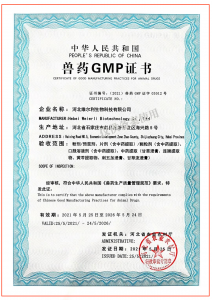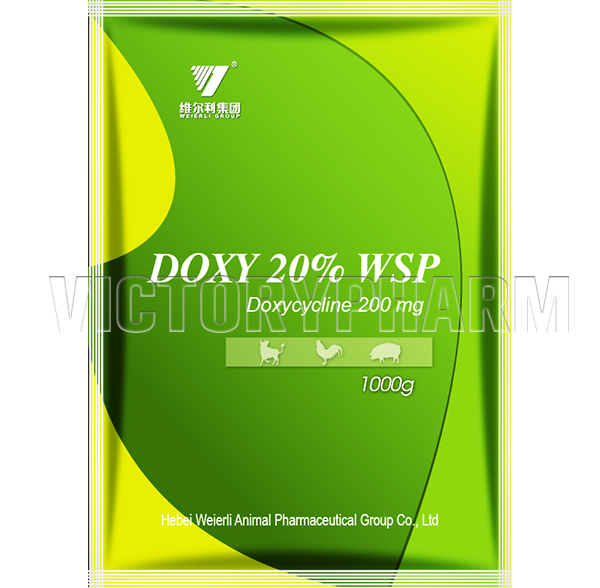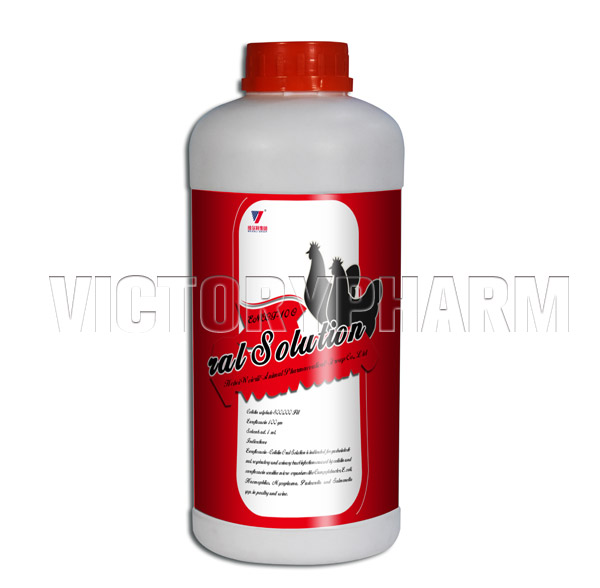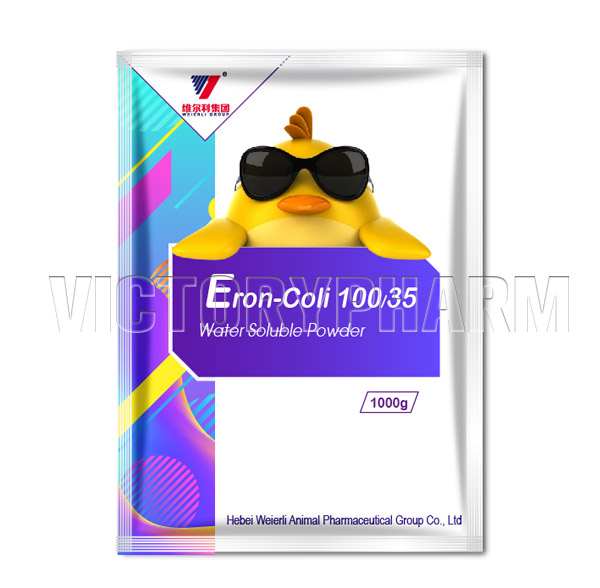Veterinary Medicine Ivermectin Tablet 6mg/12mg Manufactured by GMP Factory
♦ Review of Veterinary Medicines Ivermectin for Dogs and Cats
♥ Ivermectin, also known is used to control skin parasites, gastrointestinal parasites and parasites within the bloodstream in dogs and cats.
♥ Parasitic diseases are common in animals. Parasites can affect the skin, ears, stomach and intestines, and the internal organs including the heart, lungs and liver. Several drugs have been developed to kill or prevent parasites such as fleas, ticks, mites and worms. Ivermectin and related drugs are among the most effective of these.
♥ Ivermectin is a parasite control drug. Ivermectin causes neurologic damage to the parasite, resulting in paralysis and death.
♥ Ivermectin has been used to prevent parasite infections, as with heartworm prevention, and to treat infections, as with ear mites.
♥ Ivermectin is a prescription drug and can only be obtained from a veterinarian or by prescription from a veterinarian.
♦ RELATIVE EFFICACY OF THE COMMON ANTHELMINTICS (WORMERS)
|
RELATIVE EFFICACY OF THE COMMON ANTHELMINTICS (WORMERS) |
||||
|
Product |
Hook- or Roundworm |
Whip |
Tape |
HeartWorm |
|
Ivermectin |
+++ |
+++ |
--- |
+++ |
|
Pyrantel pamoate |
+++ |
--- |
--- |
--- |
|
Fenbendazole |
+++ |
+++ |
++ |
--- |
|
Praziquantel |
--- |
--- |
+++ |
--- |
|
Prazi + Febantel |
+++ |
+++ |
+++ |
--- |
♦ Dosing Information of Ivermectin for Dogs and Cats
♥ Medication should never be administered without first consulting your veterinarian. The dose for ivermectin varies from species to species and also depends on the intent of treatment. General dosing guidelines follow.
♥ For dogs: Dose is 0.0015 to 0.003 mg per pound (0.003 to 0.006 mg/kg) once a month for heartworm prevention; 0.15 mg per pound (0.3 mg/kg) once, then repeat in 14 days for skin parasites; and 0.1 mg per pound (0.2 mg/kg) once for gastrointestinal parasites.
♥ For cats: Dose is 0.012 mg per pound (0.024 mg/kg) once monthly for heartworm prevention.
♥ The duration of administration depends on the condition being treated, response to the medication and the development of any adverse effects. Be certain to complete the prescription unless specifically directed by your veterinarian. Even if your pet feels better, the entire treatment plan should be completed to prevent relapse or prevent the development of resistance.
♦ Safety of Ivermectin in Dogs and Cats
♥ In many cases, the safety of ivermectin is directly related to the dosage administered. As with many drugs, higher dosages tend to have higher risks of complications and potential side effects associated.
♥ Ivermectin is used in many dosage ranges, depending on the purpose of its usage. Dosages used for preventing heartworm infections are generally relatively low, with little risk of side effects.
♥ Higher dosages, such as those used to treat demodectic mange, sarcoptic mange, ear mites and other parasitic infections, are more likely to be associated with adverse reactions. However, for most dogs and cats, ivermectin is considered to be a relatively safe medication when used appropriately.
♦ Side Effects of Ivermectin in Cats :
♥ In cats, ivermectin has a fairly high margin of safety. When seen, side effects include:
● Agitation
● Crying
● Lack of appetite
● Dilated pupils
● Paralysis of hind legs
● Muscle tremors
● Disorientation
● Blindness
● Other neurological signs, such as head pressing or wall climbing
♥ If your cat is receiving ivermectin and you notice these types of symptoms, discontinue the medication and contact your veterinarian.
♦ Side Effects of Ivermectin in Dogs
♥ In dogs, the risk of side effects associated with ivermectin depends on the dosage, on the susceptibility of the individual dog and on the presence of heartworm microfilaria (a larval form of the heartworm.)
♥ When used at a low dose for heartworm prevention in a dog free of heartworms, ivermectin is relatively safe. At higher doses which may be used for treating other parasitic infections, the risk of side effects increases.
♥ Potential side effects include:
● Vomiting
● Dilated pupils
● Muscle tremors
● Blindness
● In-coordination
● Lethargy
● Lack of appetite
● Dehydration
♦ When used in a dog infected with heartworms, a shock-like reaction believed to be caused by dying microfilaria can occur. This type of reaction may be accompanied by lethargy, a low body temperature and vomiting. Dogs testing positive for heartworms should be observed closely for at least 8 hours following the administration of ivermectin.
♦ Ivermectin Sensitivity in Collies and Similar Breeds :
♦ Neurotoxicity can also occur with ivermectin usage in some dogs. This is particularly common in dogs that have a genetic mutation known as the MDR1 (multi-drug resistance) gene mutation. This gene mutation is known to occur most commonly in breeds such as Collies, Australian Shepherds, Shelties, Long-haired Whippets and other breeds with “white feet.”
♦ Ivermectin used at dosages used for heartworm prevention is generally safe for these dogs. However, the drug should not be used at higher doses for dogs that may possess the MDR1 gene mutation. There is a test that can be performed to check for the gene mutation.
Notice:
· Ivermectin should not be used in animals with known hypersensitivity or allergy to the drug.
· Ivermectin should not be used in dogs that are positive for heartworm disease except under strict supervision of a veterinarian.
· Prior to starting a heartworm prevention containing ivermectin, the dog should be tested for heartworms.
· Ivermectin generally should be avoided in dogs less than 6 weeks of age.
Environmental Precautions:
Any unused product or waste material should be disposed of in accordance with current national requirements.
















